|
By Anya Shukla and Dilinna Ugochukwu Kaiser Louis sees his artwork as a way to honor his family lineage. Louis, the son of a first-generation Haitian immigrant, uses art to explore his family’s immigration and reflect on his personal experiences. What does it mean, Louis asks through his pieces, to speak French, English, and Creole but have never visited Haiti? In what ways am I connected to my heritage, and in what ways am I separated?
0 Comments
By Dilinna Ugochukwu “I thought, I have a real connection with this,” said Adrija Jana (she/they), referring to refugee crises. “Why not take it up? Why not use my voice for these people?” Jana is an interdisciplinary Indian artist and activist who started writing in third grade, and their passion for the arts has only grown since. Now they are also drawn to film and theater, and their films have even been accepted to international film festivals.
By popular request, we recently put together a zine featuring writing from our 2022 summer and winter mentorship cohorts. These pieces primarily come from members of our writing cohorts, although all cohorts were welcome to submit work. You can view a digital version of the zine below! By Dilinna Ugochukwu As a 15-year-old scuba diver, computer science lover, activist, and environmentalist, Danielle Nelson (they/them) wears many hats. They incorporate several of these interests into their artwork, which features themes of social justice and environmentalism.
By Anya Shukla I started an internship this week, and now I’m super tired and have absolutely no will to do anything. So my reading comprehension has taken a bit of a tumble. Apologies if this review feels shorter and/or less… coherent than my previous pieces. Honestly, not sure how I can ever work a 9-5 job (and also have hobbies) if this feels like such a struggle right now. How does adulting work??
By Anya Shukla I love Ocean Vuong; I love Ocean Vuong; I love Ocean Vuong so much! I first came across his work after impulse-buying "On Earth We're Briefly Gorgeous," which is now one of my favorite books on this entire planet. His writing makes me feel every emotion in existence all at once. I’ve read many books this year that feel aggressive in their grief. After reading these novels, heavy feelings just sit in my chest; I’m forced to carry the author’s emotional burden. Even though Vuong’s poetry deals with intense, difficult topics, the work doesn’t have an unhealthy physical impact. I’ll definitely cry, but it’s cathartic: I always feel better afterward.
By Anya Shukla This book has been on my to-read list for quite some time. I started it in January, and then my hold expired, which means that there was a six-month gap between my reading of the first and second halves of “Caste.” Please take my review with a grain of salt. This book also criticizes India. As a daughter of Indian immigrants, I'll admit that I am automatically predisposed to hate anything that attacks my homeland—even if the critique is accurate. I think it’s because I’ve spent most of my life reading Western authors who bash Indian culture and people. So when someone tries to hurt my country, I get super defensive.
By Anya Shukla Specializing in intricate line work, gorgeous oil-on-canvas pieces, and eye-catching murals, Esmeralda Vasquez is a multidisciplinary artist who often incorporates symbolism and minimalism into her work. Vasquez grew up in Yakima, Washington, and now lives in Seattle, where she has recently begun breaking into the art scene: she had her first art show in February and works as a teaching artist for Urban ArtWorks, a local nonprofit that helps youth create public art.
By Anya Shukla This book is stunning. Machado has a way of crafting similes and pulling disparate words together in such unique, poetic, gorgeous ways. I fangirled over basically every other sentence. Review: In “In the Dream House,” Carmen Maria Machado chronicles her relationship with an emotionally abusive woman—how their interactions devolved from something beautiful to an ugly and devastating situation. Along with providing personal anecdotes, she discusses the broader history of abusive relationships within the queer community, primarily attacking the myth that women cannot be perpetrators.
By Anya Shukla There’s a lot of anti-Blackness and anti-queerness in this book. I can’t tell if this is a “sign of the times” or genuine commentary on racism/homophobia in Peruvian society… but either way, I don’t have to like it. If you want to read this book (and honestly, I’m not sure I would want to read this book after looking back over this review, but to each their own), be ready for some uncomfortable moments.
|
Archives
February 2023
Categories
All
|
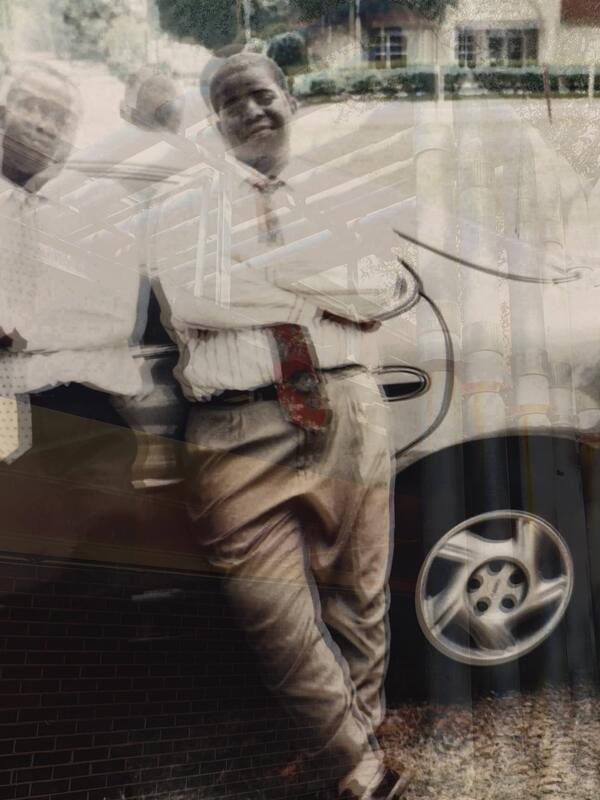
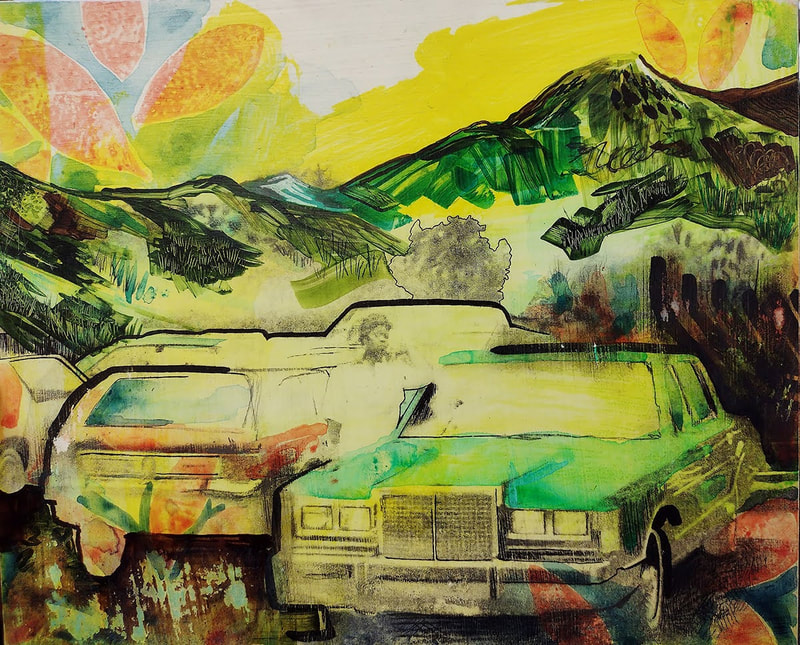
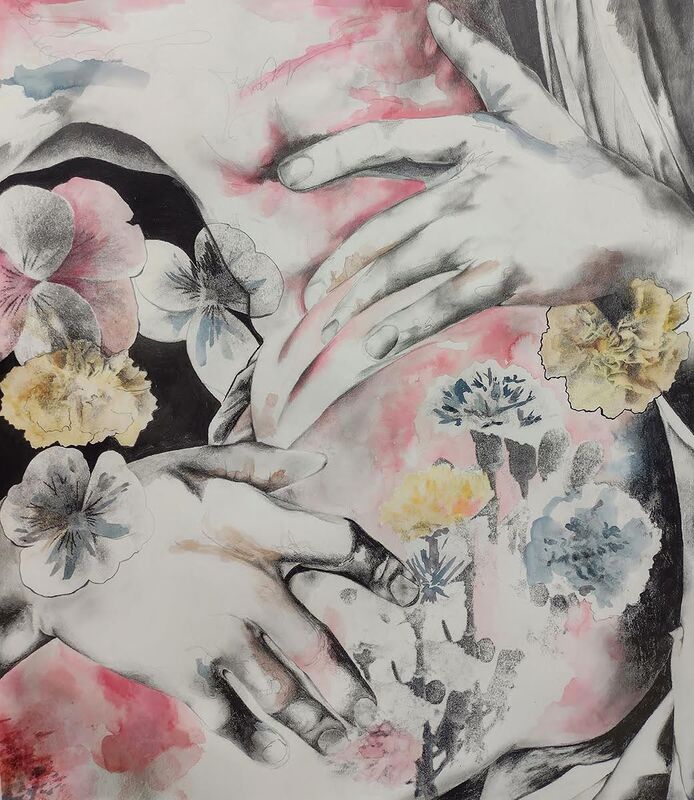
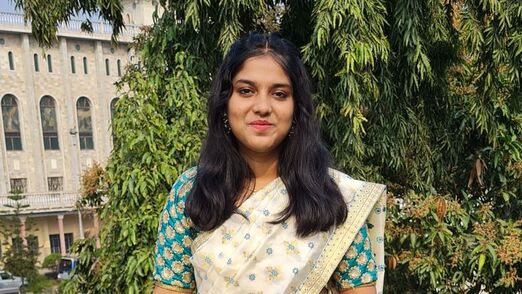



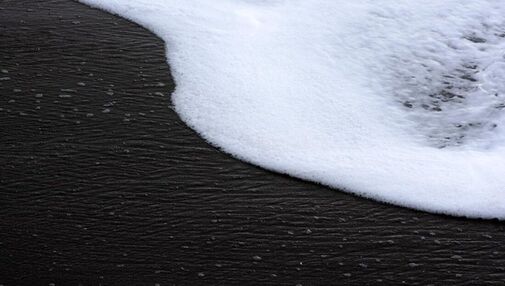
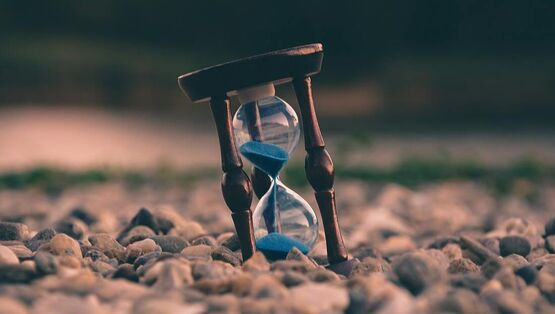
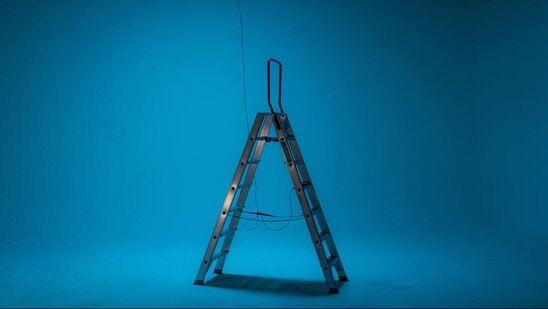

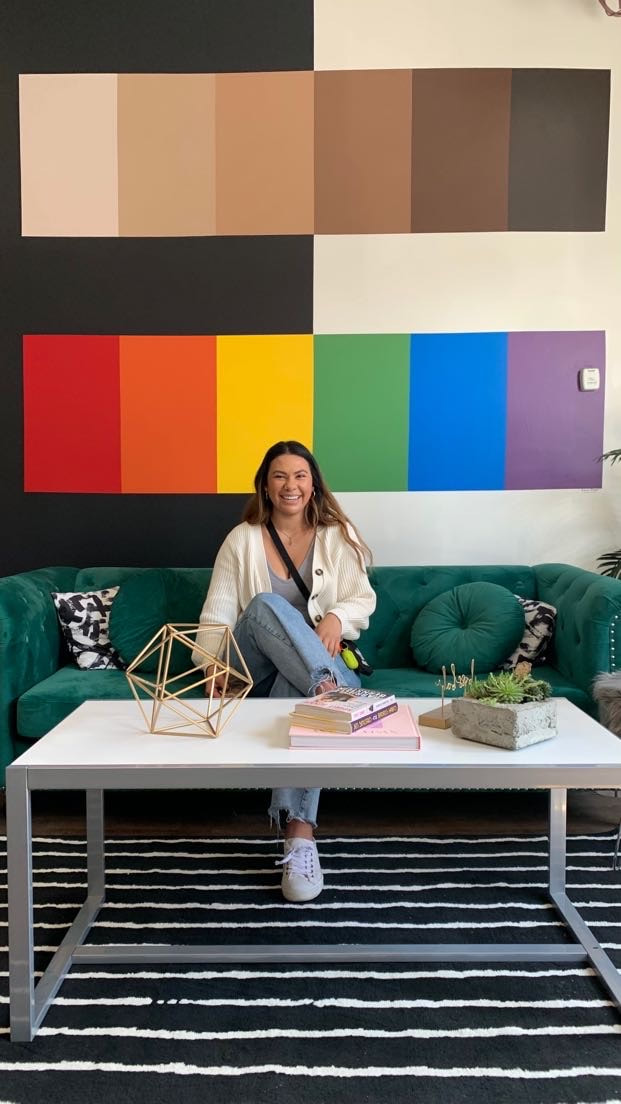
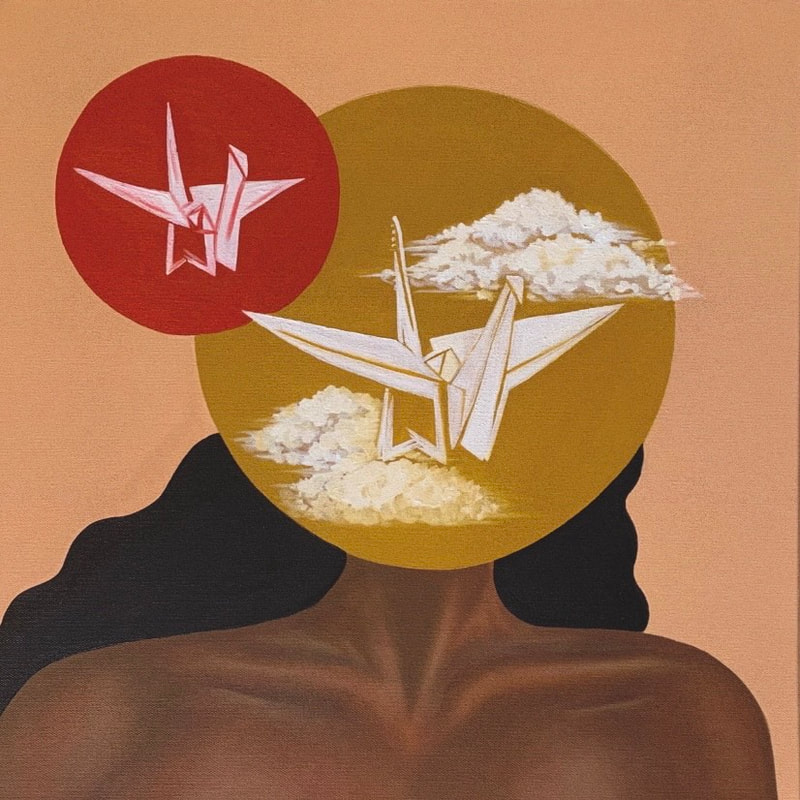
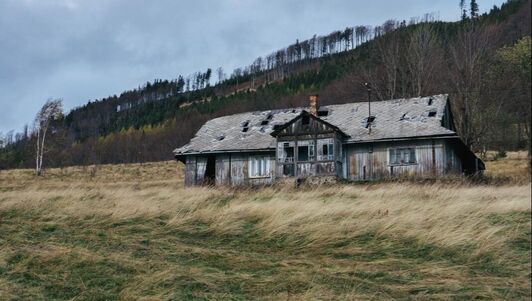
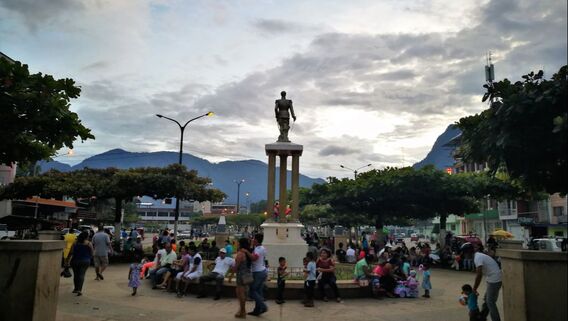
 RSS Feed
RSS Feed